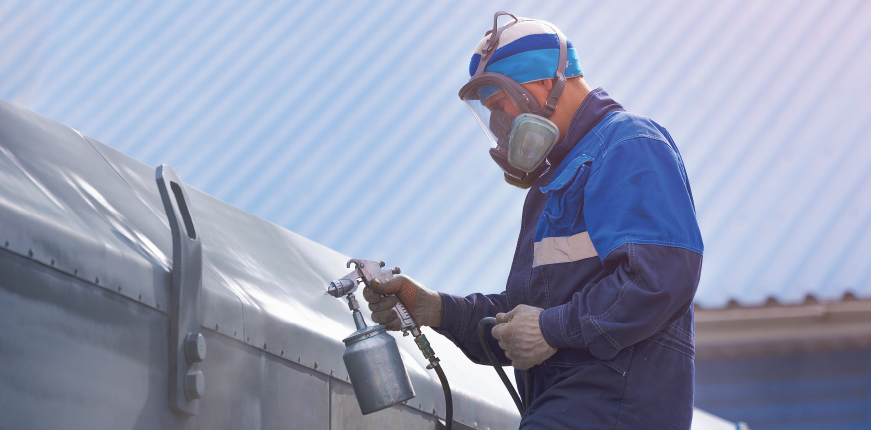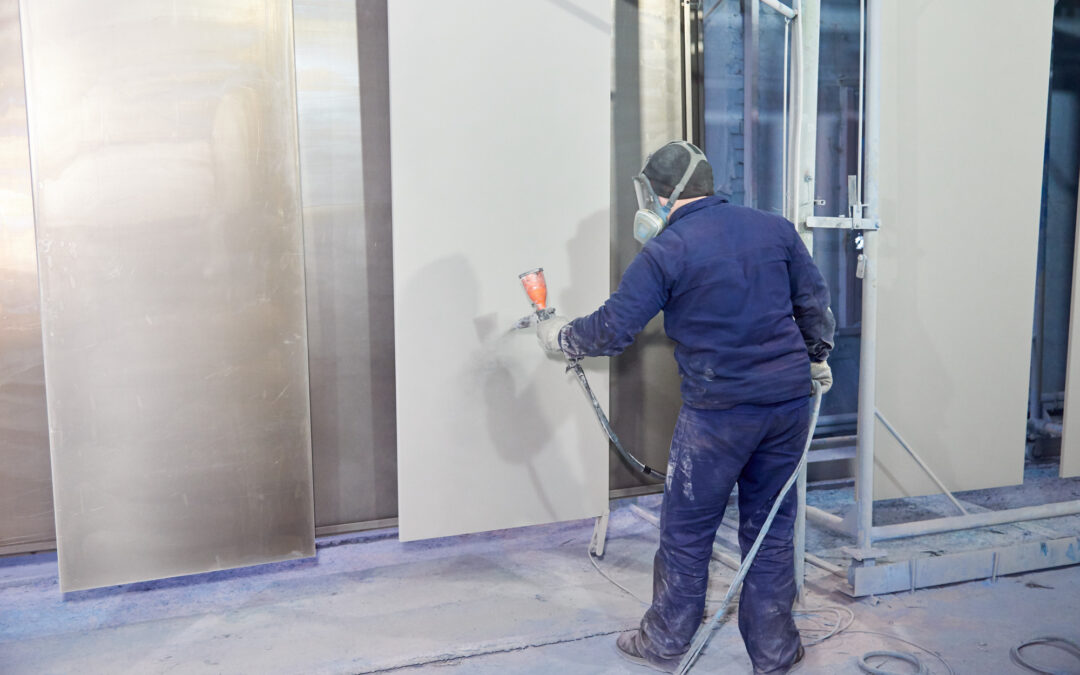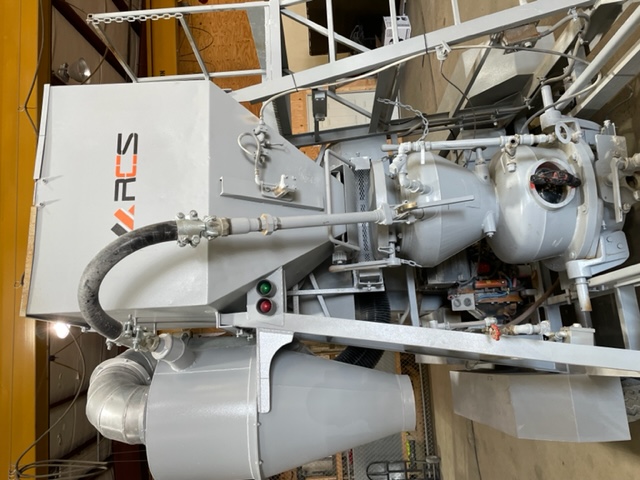This is a nightmarish scenario for a business owner, but it can be prevented with organic zinc coating. Organic zinc coating is a high-performance coating that can protect iron and steel. When you use it on your machines, you can rest assured that they are protected from corrosion.
So, what is organic zinc coating, and how does it prevent corrosion? You can find your answers in the article below. Continue reading to learn more about the protective powers of both organic and inorganic zinc coating.
Zinc Has Unique Properties to Prevent Corrosion
While iron and steel are strong materials, they do have a weakness. They corrode over time when exposed to atmospheric phenomena like heat, humidity, water, or even just oxygen. The best way to prevent corrosion is to cover the iron or steel with an organic zinc coating.
Zinc-rich coatings are primers. Using zinc to protect iron and steel works well because the zinc will corrode instead of the iron or steel you’re trying to protect.
This phenomenon is known as zinc being sacrificed instead of iron or steel being sacrificed. The corrosive product that appears on zinc coating is known as zinc patina.
Over time, the zinc will eventually corrode to the point where it is no longer effective. At that point, you’ll have to reapply the zinc coating. However, the iron and steel you’re trying to protect will remain in good condition as long as you regularly reapply the coat of zinc.
If you want your zinc coating to last longer in between applications, you can apply a thicker coat. The thicker the coat, the less likely it is that your zinc corrodes too much before you’re able to apply another protective layer to your iron or steel.
There are Different Types of Zinc Coating
If you’re looking into different types of protective coatings, you’re probably going to find a lot of information on both organic zinc coating and inorganic zinc coating.
These two types of zinc-based protective coatings serve the same purpose. The main differences come down to the way they’re applied.
You apply inorganic zinc coating to iron or steel by spraying it onto the material. Once you’re spraying the iron or steel that you want to protect, you can add a top coat to the inorganic zinc coating.
You can use organic zinc coating if you don’t want to use an inorganic spray to coat your iron or steel. Organic zinc coating is usually applied by hand, sometimes with a roller or a brush.
Most people choose to apply a top coat over the organic zinc coating. If you’re applying organic zinc coating, the top coat afterward will give you the best chance to prevent corrosion on your metal devices for a long time.
Costs to Consider When Applying Protective Zinc Coating
Much of the financial costs of organic zinc coatings come down to the site at which you apply the zinc coating.
If the site at which you’re applying the coating is hard to access, you may have to pay more for the zinc coating process. You’ll also have to consider the labor costs of applying the zinc coating.
It usually costs more to apply organic zinc coating because it can’t be sprayed on as inorganic zinc coating can. The people you’re paying to apply the coat may also have to apply a top coat, which usually comes with an added cost.
Finally, you may also have to think about the thickness of the coating. A thick coating will be more expensive than a standard coating, but it could save you money in the long run because your iron and steel machinery will be better protected.
Consulting with an expert in the zinc coating industry can help you determine which route will work best for your needs.
Properties of Zinc Coating
Zinc is a unique element. Its corrosion rate is considerably slower than that of metals like iron and steel. In some cases, zinc can corrode at a rate that is up to 100 times slower than iron or steel.
There is another substance in the coating besides pure zinc with both organic and inorganic zinc coating. Epoxy is the substance most commonly used to bind the zinc to the metal surface you’re trying to protect.
Zinc is the main substance that protects your metal parts, but epoxy plays an important role in making it, so the substance is easy to apply.
You may also find coatings that use polyurethane. Polyurethane binding may be less expensive than epoxy, but epoxy does better binding to hard materials like iron and steel.
Everything You Need to Know About Organic Zinc Coating
Now that you’re familiar with how organic zinc coating protects iron and steel, you’re ready to use it to prevent corrosion. The zinc coating can be used to protect machine parts, tools, and many other metal parts.
If you’re looking for a partner to provide you with innovative solutions for your industrial needs, get in touch with the experts at Refractory Construction Services today.





